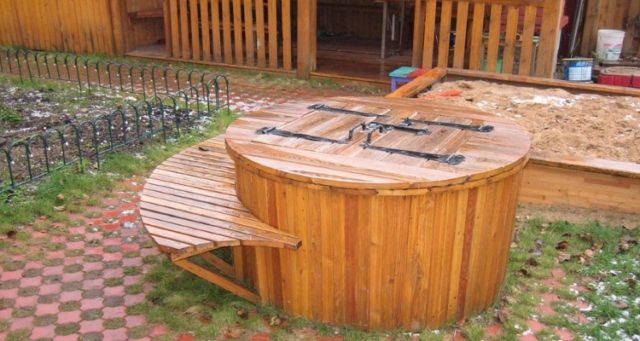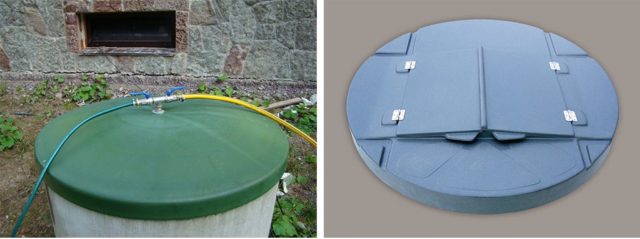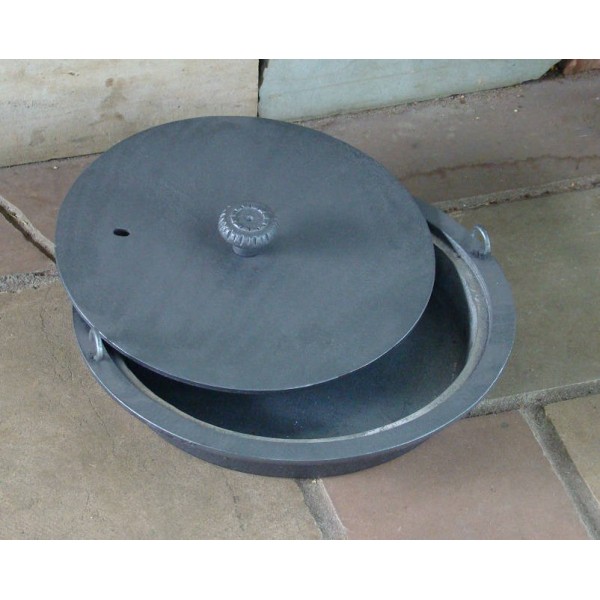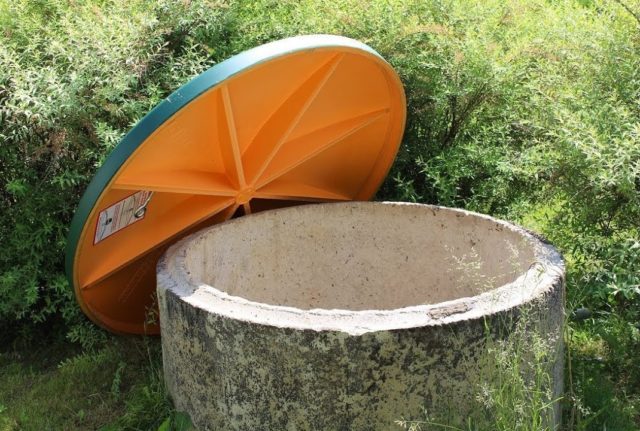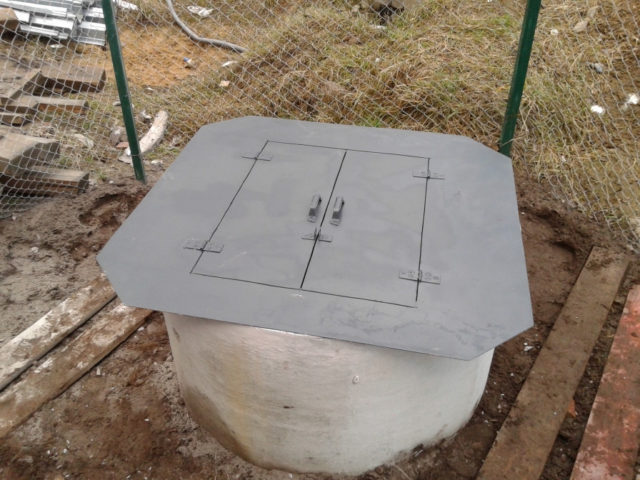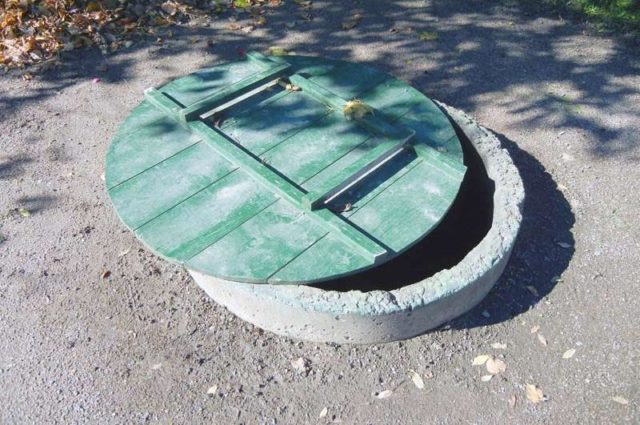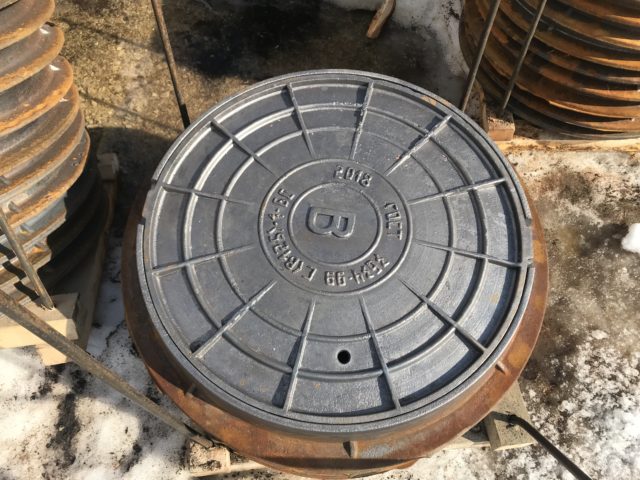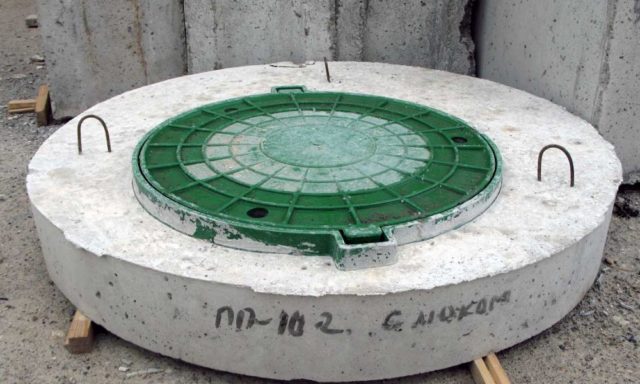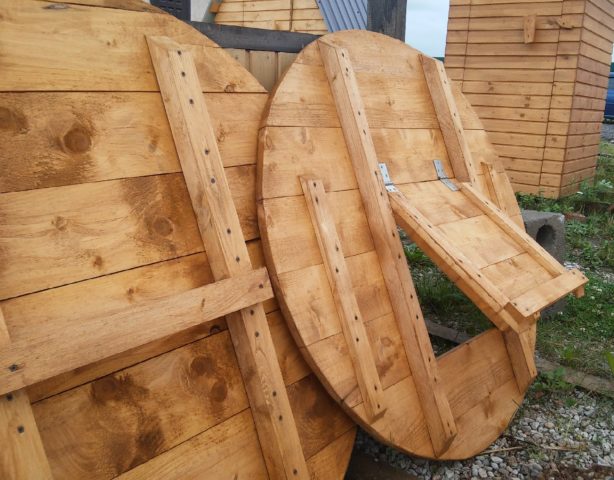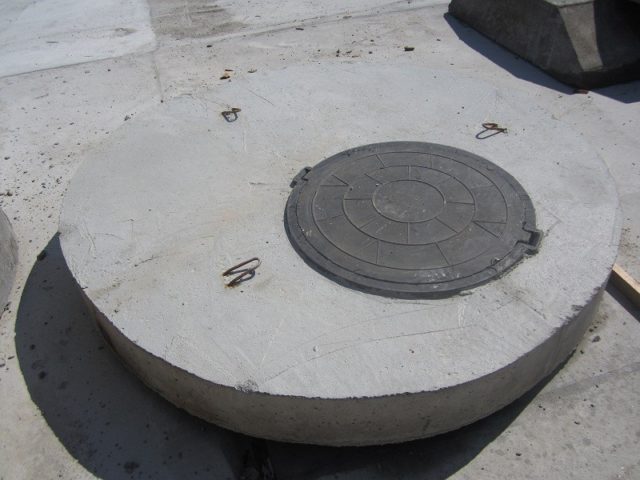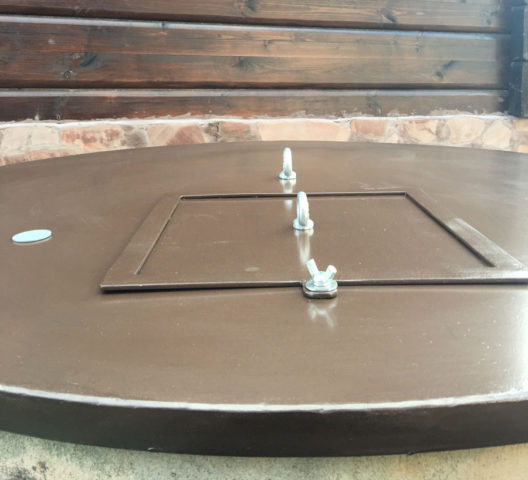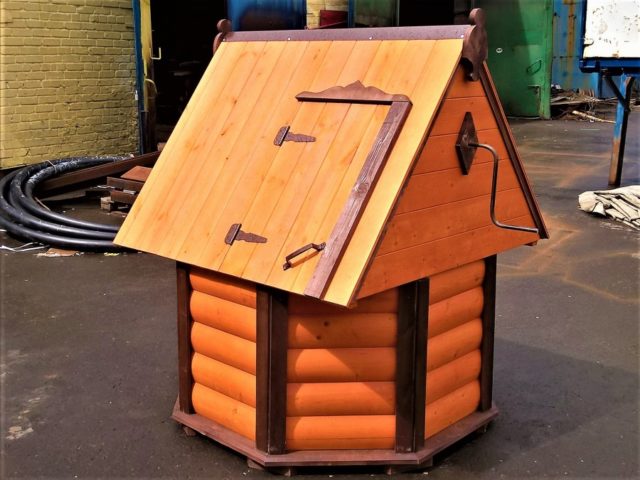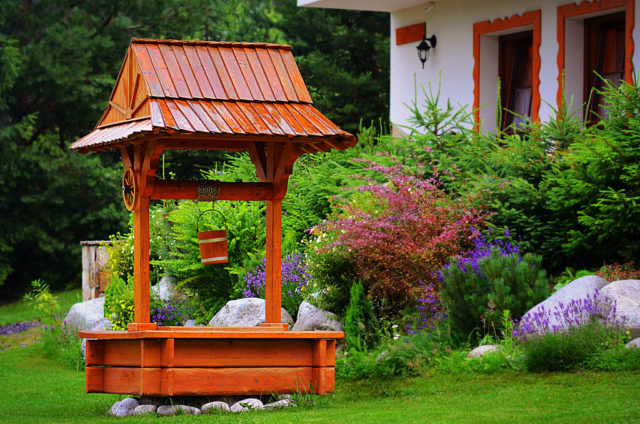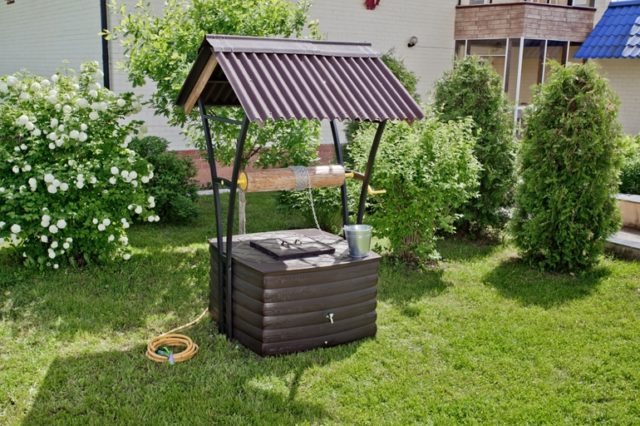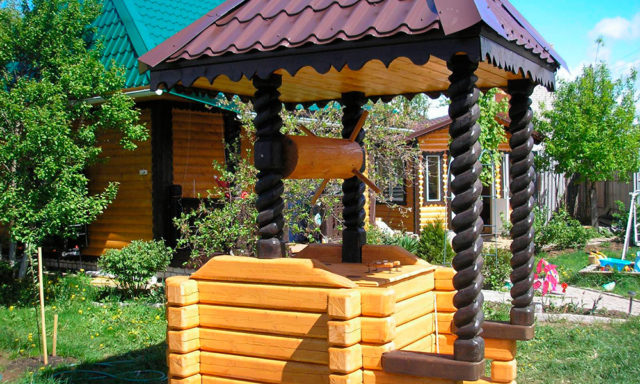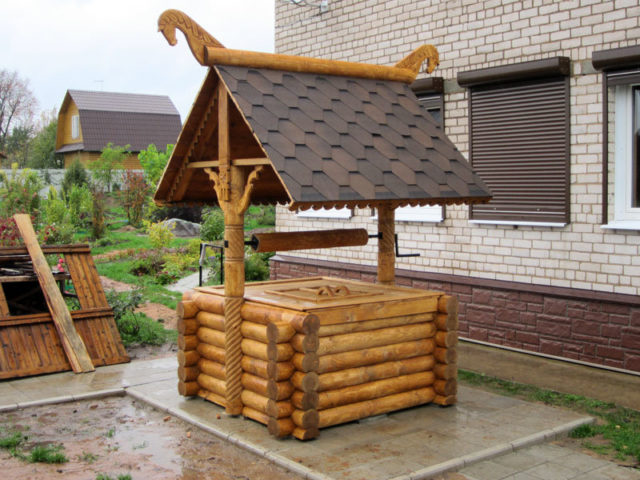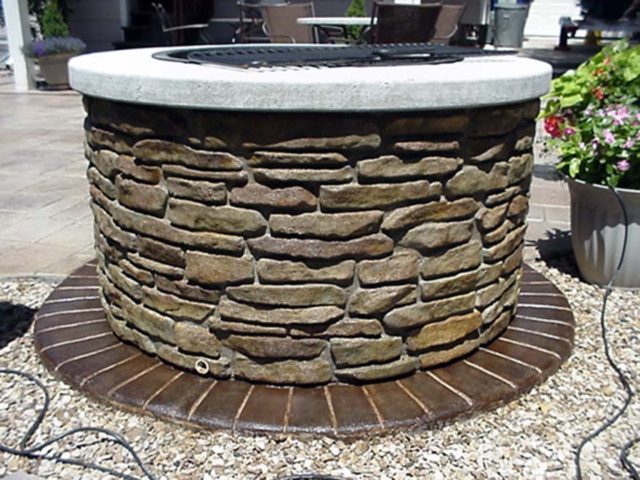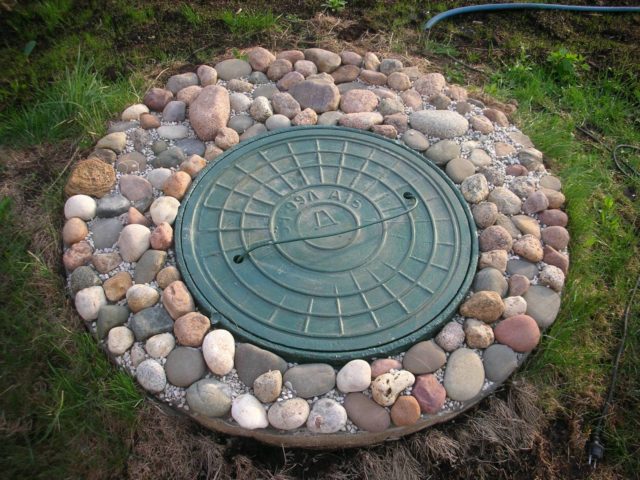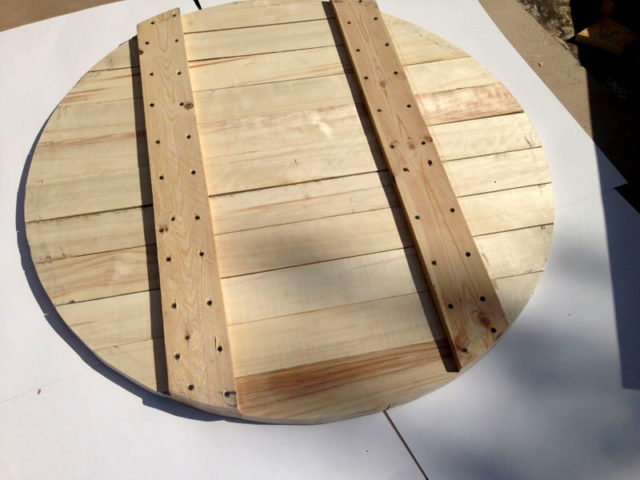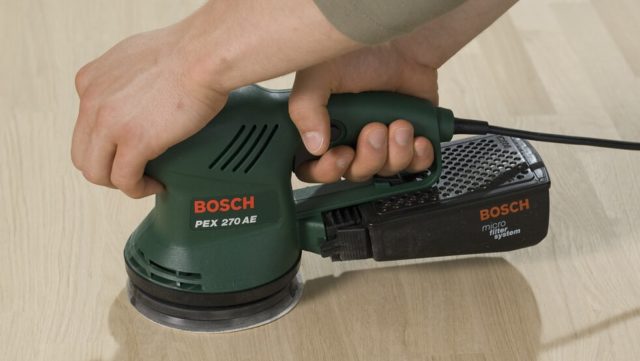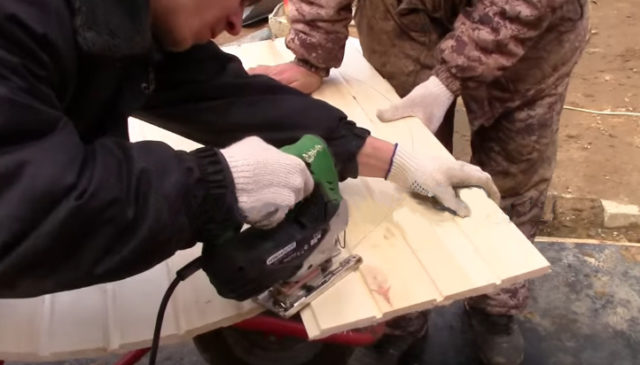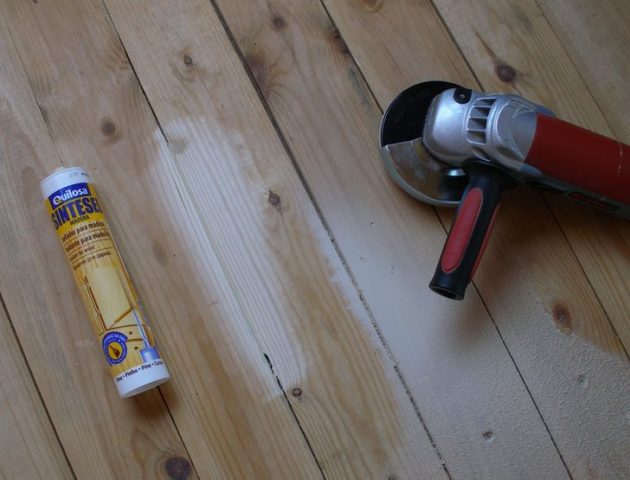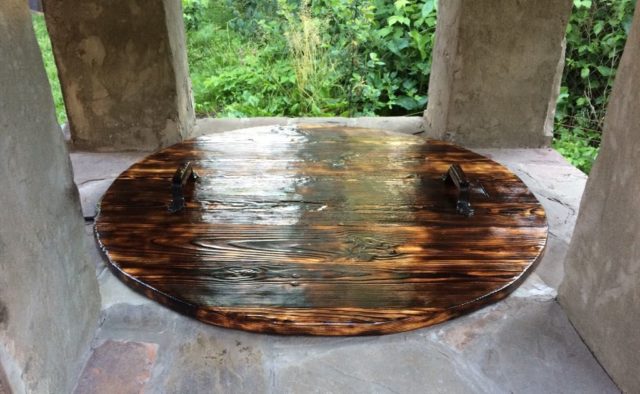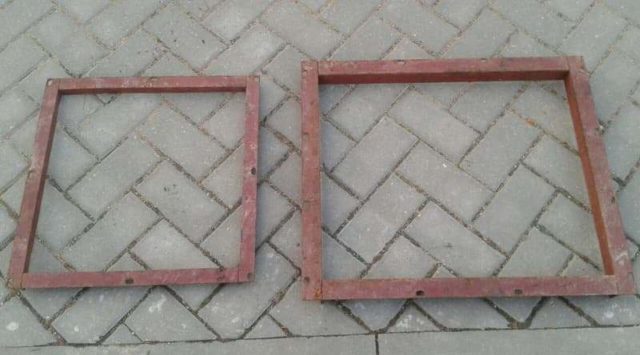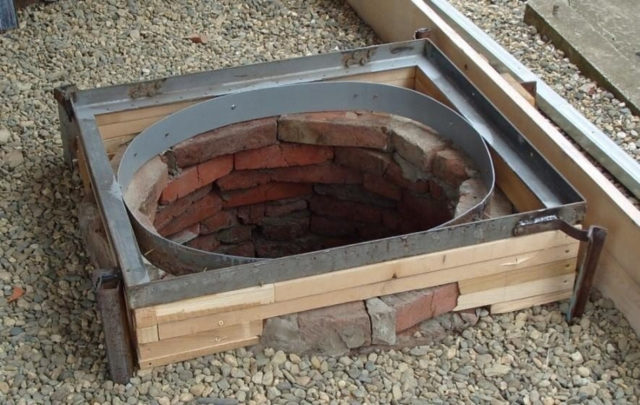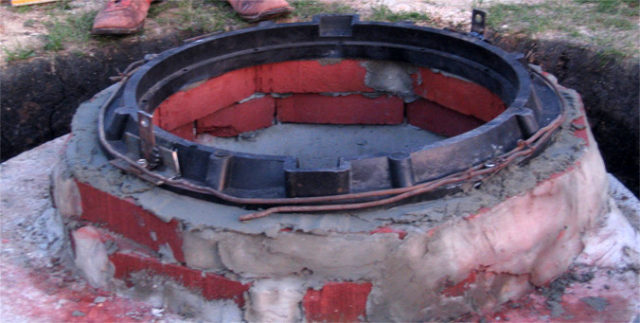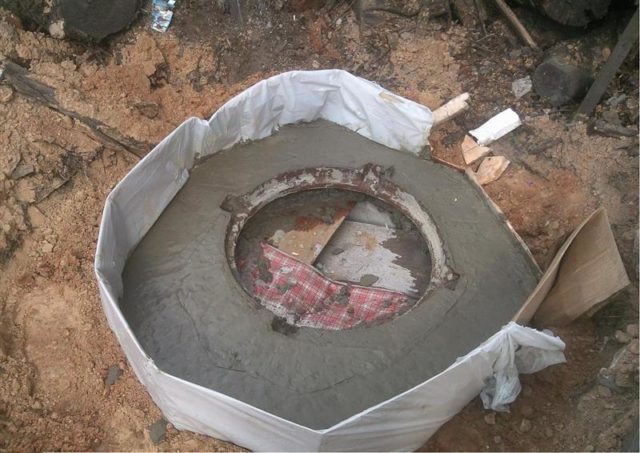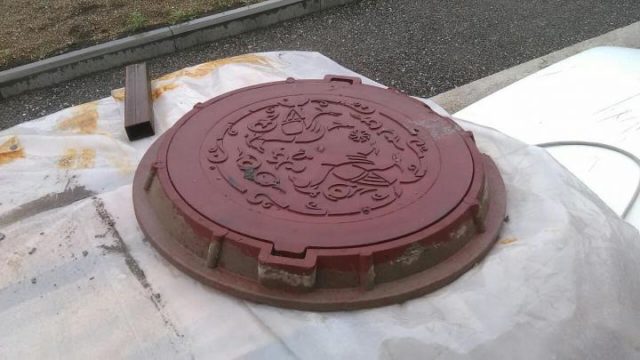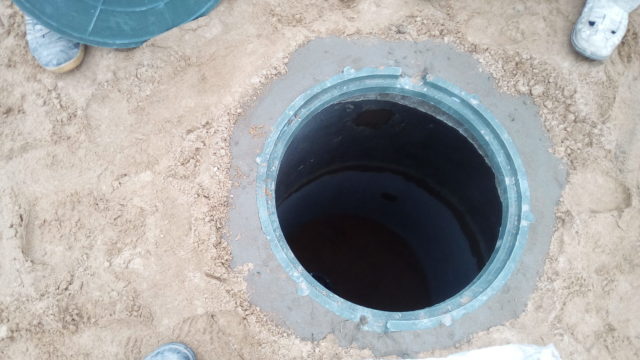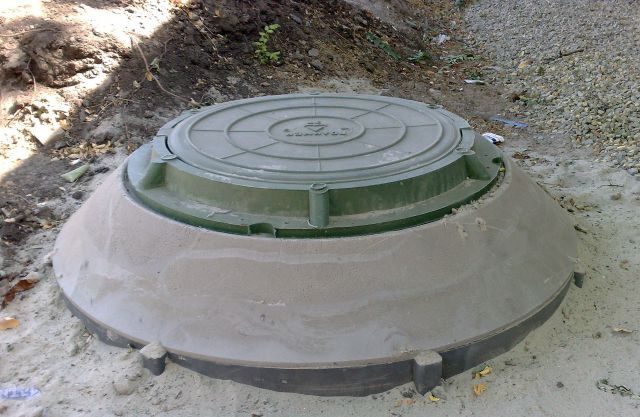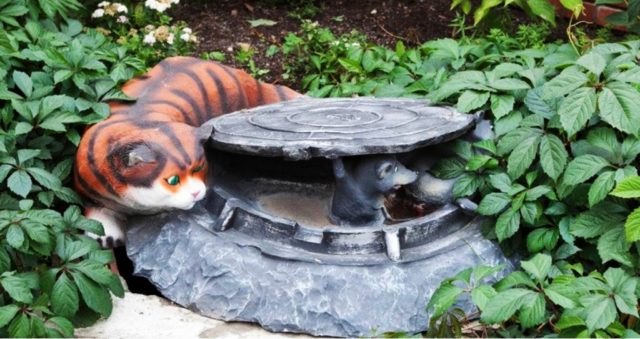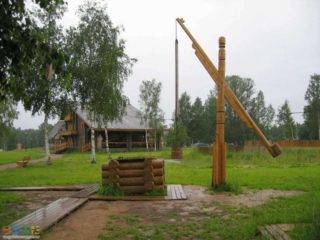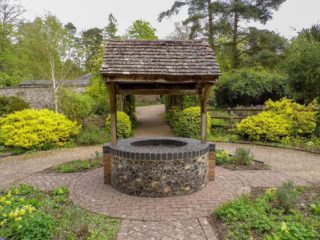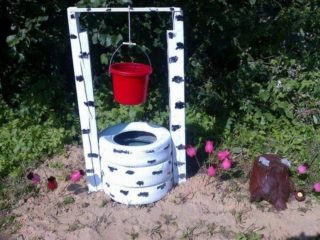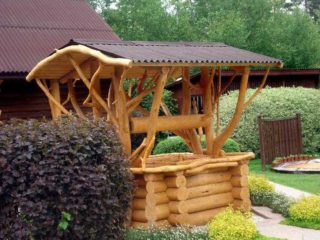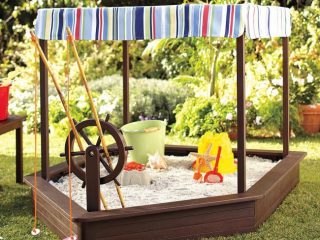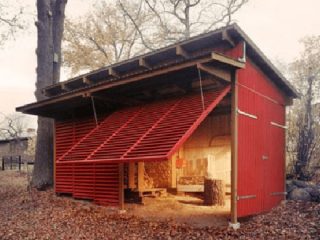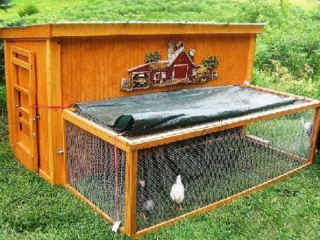Content
The presence of a well on the personal plot allows you to solve a number of household needs. It is not only a source of clean drinking water, but also a decorative element that organically fits into the landscape design. But leaving it open is not worth it, the water can become contaminated and become unusable. The most common design option is considered to be a house equipped on top of a hydraulic structure. But there is another popular method of shelter - a do-it-yourself well cover, which every owner can make, adhering to a certain algorithm of actions.
Features of manufacturing a cover for a well
A do-it-yourself decorative cover for a well should be distinguished by high strength characteristics, be resistant to high humidity, adverse environmental factors. This attribute of a private hydraulic structure is required to perform the following tasks:
- Do not allow fallen leaves, various types of debris, dirt to enter the mine.
- Prevent the penetration of ultraviolet rays, which favor the active growth of aquatic vegetation.
- Keep warm, which is especially important in winter, when there is a high probability of water freezing. If there is a cover on the well, the pumping equipment will always be in good condition.
- Protect children and pets from falling into the well shaft.
- Improve the aesthetics of hydraulic structures.
A photo of the cover on the well with your own hands is presented below.
A wooden cover for a well with your own hands, although it has a number of advantages, in particular, simplicity in execution and high decorativeness, but loses to plastic or metal products in durability.
Arrangement of manholes
Depending on the type of the well, its performance characteristics (purpose, diameter, location), the overlap - cover is selected. The device of a manhole hatch or any other hydraulic structure requires calculations for the specific strength if it is located on the roadway.
Basically, covers and hatches for wells differ in the material of manufacture, to which the following requirements are imposed:
- indicators of mechanical strength;
- the degree of resistance to deformation changes;
- preservation of working qualities regardless of temperature indicators;
- corrosion resistance.
Most often they are used to cover wells with square and round covers. The former are used to overlap in sewer wells with an appropriate shape, and the latter are used to protect water wells and storm sewers from external factors. The size of the square cover is 300-800 mm with a pitch of 50 mm, they are produced sealed and with slots for drainage of storm water.
Well covers are made of cast iron, reinforced concrete, polymeric materials. In everyday life, it is preferable to make a cover for a well made of wood, it does not require large financial costs, does not cause difficulties in manufacturing.
With regard to cast-iron hatches, they are installed on sewer and storm wells, which, during use, are subjected to serious external loads (in the pedestrian zone, on highways). The maximum service life of such products is no more than 100 years. For their manufacture, a cast iron alloy of the SCh20 brand is taken, which contains lamellar graphite, which increases the resistance of the material to cracking. Among the disadvantages of cast-iron covers, there is a relatively large weight and high cost.
Concrete covers for wells can be made by hand, but their main purpose is to be used in large-diameter technical mines. They represent a concrete ring, in the central part of which an inspection hole is provided. But it is recommended to cover them with a wooden or plastic lid. In summer cottages, concrete covers have found their use for sealing cesspools, septic tanks, and overlapping wells with drinking water.
What can you make a well hatch with your own hands?
There are many options for manufacturing a cover for a well, where each has its own manufacturing characteristics and performance characteristics. To determine the type of overlap, you need to familiarize yourself in more detail with the most demanded types.
Cover for a well made of wood
The wooden structure can be of different modifications: hexagonal, round, square, folding, collapsible. The product is environmentally friendly, relatively durable and lightweight. It is recommended to use linden, alder, oak or birch for making wood lids.
Of the accompanying materials and accessories, you will need:
- bolts;
- metal handles;
- sealant for wooden surfaces;
- drying oil;
- stain;
- paint / varnish;
- bars 4 × 4 cm;
- lumber 15 cm wide and 2 cm thick.
Concrete well cover
In most cases, wells in home gardens are made of concrete rings. Their disadvantage is considered to be a not entirely attractive appearance, therefore, they do not impose special requirements for overlap. Most often, a solid version of the cover and with an opening (hatch) is used to protect against contamination.
To make a square-shaped concrete structure with a hatch, the dimensions of which are 70 × 70 cm, it is necessary to provide options for devices for its closure. For these purposes, it is effective to use:
- wooden door;
- plastic product for a well;
- metal door;
- brick house;
- a door from a wooden frame.
If you need to make a heavy cover for the well, then it is worth preparing:
- reinforcing mesh;
- sand;
- cement;
- lumber;
- film.
Metal well covers
Manufacturing an all-metal structure is not a very rational solution. It will turn out to be too cumbersome and heavy overlap, it will be extremely difficult to manage it. It is best to make a frame of metal and sheathe it with textolite.
To assemble the lid, you will need to prepare:
- metal corners;
- square pipes;
- metal tape 4-5 cm wide;
- loops;
- sealant;
- paint;
- textolite (1 sheet).
Well covers projects
In order for the hydraulic structure to harmoniously fit into the existing landscape design, it must be beautifully decorated. Ideas for a cover for a well made of concrete, wood and other materials can be viewed below.
How to make a cover for a well with your own hands
Wells can be different. That is why the technology for making caps is slightly different. It is worth considering the method of creating an element for a drinking and sewer well.
DIY drinking well cover
The simplest version of the protective structure is made in the form of a square or round board made of boards. With the right approach, the lid can be beautifully decorated. If you process it with a paint and varnish material, then it will be possible to extend its operational life from 5 years.
To make a wooden model, you will need the following materials:
- wood 20 mm thick and 150 mm wide;
- sealant for wood products;
- 3 bars (40 × 40 mm);
- metal handles;
- fasteners (nails, bolts);
- stain, drying oil, varnish or paint.
Step-by-step instructions for making a cover for a well with your own hands:
- Knock down the board from the boards, stuffing them into two bars, placing them close to each other. In length, they should be equal to the width of the shield. The third bar is used as a stiffener, stuffing it diagonally between two bars on the inside of the structure.
- Grind the shield, knock off the chamfers with a planer. To give a round shape, the structure is cut off with a grinder.
- Seal all cracks and gaps with sealant, you need to completely exclude them. Thanks to such a simple technique, it will be possible to compensate for seasonal changes in wood, especially in spring and autumn, when it expands. If there is no sealant, then you can use thin strips - strips on the seamy side of the floor.
- Coat the lid with oil paint. To make the product more decorative, it is necessary to apply a layer of drying oil, and then two layers of stain (mahogany, bog oak). The lid, treated with matte or glossy varnish, looks especially impressive.
Install such a structure made of wood on the head. If you need to raise it entirely, then metal handles are mounted to its front side.
DIY cover for a sewer well
Installation of manholes of sewer wells provides for the following algorithm of actions:
- Cut metal corners to a specific length (4 pieces), where the ends should be at a 45 ° angle. From them you need to assemble a square, fixing the ends with a welding machine on the inside and outside of the corners. These places must be cleaned with a grinder. This is how the fixed part of the lid is made.
- Assemble the second frame in a similar way. This will be the closing part of the structure.
- Lay the cut profile pipes inside the upper frame along the corners (along the perimeter of the frame) and crosswise. All connections are made by welding, then they are cleaned and primed.
- Cut out two plates from the PCB sheet according to the dimensions of the upper frame. They are mounted with self-tapping screws (on both sides of the frame). You can also lay insulation in the form of basalt wool, foam.
- Bend the metal strip to form a concrete head. Install the formwork from scrap materials from the outside of the well head, taking into account the dimensions of the cover. Fix the lower frame on the formwork, lay a metal tape along the diameter of the head.
- Pour concrete into the space between the tape and the formwork. Connect the lower and upper parts of the structure with hinges. Fix the metal handle to the textolite surface. Apply 2 coats of enamel to metal floor elements.
Installing a hatch on a well with your own hands
Correct fastening of the well cover consists in performing the following actions:
- Provide access to the top of the shaft by removing the soil layer. Place the shell in level on the upper ring, fixing it securely.
- Pour concrete mass into the formwork.
- When the solution dries, install the hatch cover into the provided grooves in the shell.
- Remove the topsoil around the slab, keeping a slight slope from the shaft. Cover with sand and compact it.
- Pour the concrete blind area flush with the hatch.
You can decorate sewer hatches with artificial stones. They are hollow, durable, do not deteriorate under the influence of ultraviolet radiation, atmospheric precipitation.Their relatively low weight makes it possible to carry out all the necessary work inside the well at any time.
Alternatively, you can use flower bed covers. They are made of carbon fiber, wood, cast iron. This decorative element is installed on top of the lid; it has a special recess for soil and plants. Such original hatches help to create a flowering meadow on a personal plot. Designs can be made in the form of decorative stones, animals, fairy-tale characters.
Conclusion
A cover for a well with your own hands is not difficult, everyone can do it. It is enough to prepare all the necessary consumables and tools, adhere to a certain manufacturing technology. Self-made overlap for a well has a lot of advantages, it is important to comply with all norms and requirements at every stage. Only this approach will make it possible to make a durable and relatively inexpensive structure that will not allow dirt, debris to penetrate inside.
